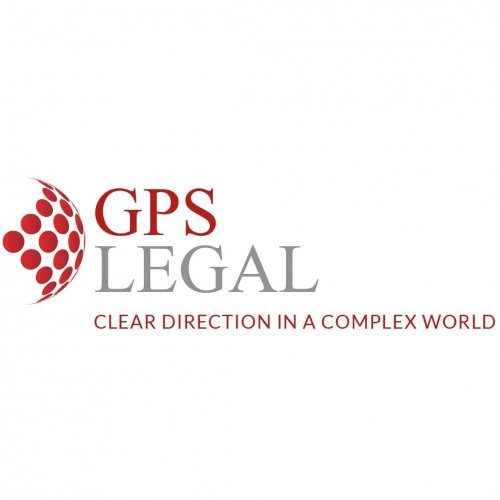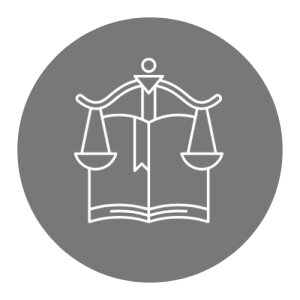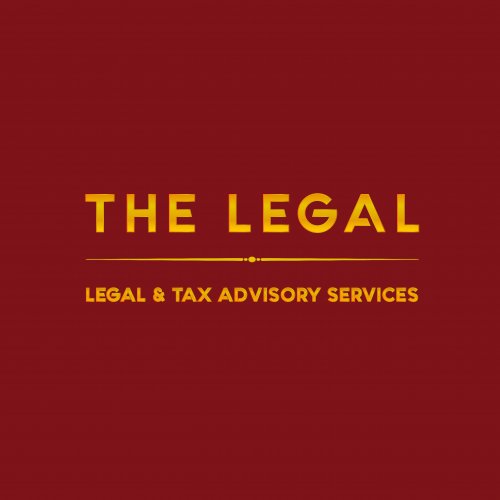Best Professional Malpractice Lawyers in Bangkok
Share your needs with us, get contacted by law firms.
Free. Takes 2 min.
List of the best lawyers in Bangkok, Thailand
Legal guides written by Smart Legal Solutions:
- Main Legal Measures to Protect Foreign Investment in Thailand
- The importance of the geographical indications for the Thai economy
Legal guides written by GPS Legal:
- Thailand’s SMART Visa program: What you should know
- Estate planning goes beyond wills
- Buying a condo in Thailand as a foreigner
About Professional Malpractice Law in Bangkok, Thailand
Professional malpractice occurs when a professional, such as a doctor, lawyer, or accountant, fails to perform their duties to the required standard of care, causing harm to a client or patient. In Bangkok, Thailand, professional malpractice is a significant legal field, especially in areas like medical and legal services. The city is a hub of professional services, making it vital for clients to understand their rights and the standards professionals are expected to meet. The laws aim to protect clients from negligence while ensuring professionals adhere to ethical standards.
Why You May Need a Lawyer
There are several common situations where you might require a lawyer specializing in professional malpractice:
- Medical errors resulting in injury or worsening of a condition.
- Legal advice that led to significant financial loss or adverse judicial outcomes.
- Incorrect or misleading financial statements prepared by accountants.
- Architectural or engineering errors leading to structural issues.
- Breach of contract claims where professional services did not meet the agreed-upon standards.
In such cases, a lawyer can help you understand your rights, evaluate the harm suffered, and seek appropriate compensation or remedy.
Local Laws Overview
The framework governing professional malpractice in Bangkok revolves primarily around tort law principles, which cover negligence and breach of duty. Key aspects include:
- The requirement to prove duty of care, breach, causation, and damages.
- Statute of limitations, which generally requires malpractice claims to be filed within a specific period from the date of discovery.
- Role of professional regulatory bodies, which may impose additional standards and consequences on practitioners.
- Specialized courts and arbitration panels that handle professional malpractice claims.
Frequently Asked Questions
What is considered professional malpractice?
Professional malpractice is when a professional fails to provide services with the skill, competence, and ethics expected in their field, resulting in harm to a client.
How do I prove a professional was negligent?
You must demonstrate that the professional owed a duty of care, breached that duty, and caused damages due to that breach.
How long do I have to file a malpractice lawsuit in Bangkok?
The statute of limitations can vary, but it generally ranges from one to two years from the discovery of the malpractice.
What compensation can I seek in a malpractice case?
Compensation may include medical expenses, loss of income, emotional distress, and other related damages.
Do I need expert testimony in a malpractice case?
Yes, expert testimony is often needed to establish the standard of care and how it was breached.
Can I settle a malpractice claim out of court?
Yes, many malpractice claims are settled through negotiation or mediation before reaching a court trial.
How can a lawyer assist in a malpractice lawsuit?
A lawyer can help gather evidence, represent you in negotiations, and advocate for you in court if necessary.
Should I report a professional to their regulatory body?
If their actions were unethical or violated professional standards, you might consider reporting them in addition to pursuing legal action.
Can I sue a government-employed professional?
Yes, though specific legal procedures may apply, and there might be different protections for government employees.
What happens if I win a malpractice case?
If you win, the court may award damages, which the professional or their insurer must pay.
Additional Resources
For those seeking more information or assistance with professional malpractice in Bangkok, consider these resources:
- The Lawyers Council of Thailand: Offers guidance and a list of qualified malpractice lawyers.
- Professional Regulatory Bodies: Such as the Medical Council of Thailand and Bar Association of Thailand for complaints and standards.
- Consumer Protection Board: Can assist with filing complaints and seeking redress.
Next Steps
If you believe you are a victim of professional malpractice, take the following steps:
- Document all interactions, contracts, and relevant evidence related to the malpractice.
- Consult with a lawyer specializing in professional malpractice to evaluate your case.
- Consider both legal and non-legal remedies, such as filing a complaint with a regulatory body.
- Be aware of the statute of limitations, and act promptly to preserve your rights.
Lawzana helps you find the best lawyers and law firms in Bangkok through a curated and pre-screened list of qualified legal professionals. Our platform offers rankings and detailed profiles of attorneys and law firms, allowing you to compare based on practice areas, including Professional Malpractice, experience, and client feedback.
Each profile includes a description of the firm's areas of practice, client reviews, team members and partners, year of establishment, spoken languages, office locations, contact information, social media presence, and any published articles or resources. Most firms on our platform speak English and are experienced in both local and international legal matters.
Get a quote from top-rated law firms in Bangkok, Thailand — quickly, securely, and without unnecessary hassle.
Disclaimer:
The information provided on this page is for general informational purposes only and does not constitute legal advice. While we strive to ensure the accuracy and relevance of the content, legal information may change over time, and interpretations of the law can vary. You should always consult with a qualified legal professional for advice specific to your situation.
We disclaim all liability for actions taken or not taken based on the content of this page. If you believe any information is incorrect or outdated, please contact us, and we will review and update it where appropriate.
















